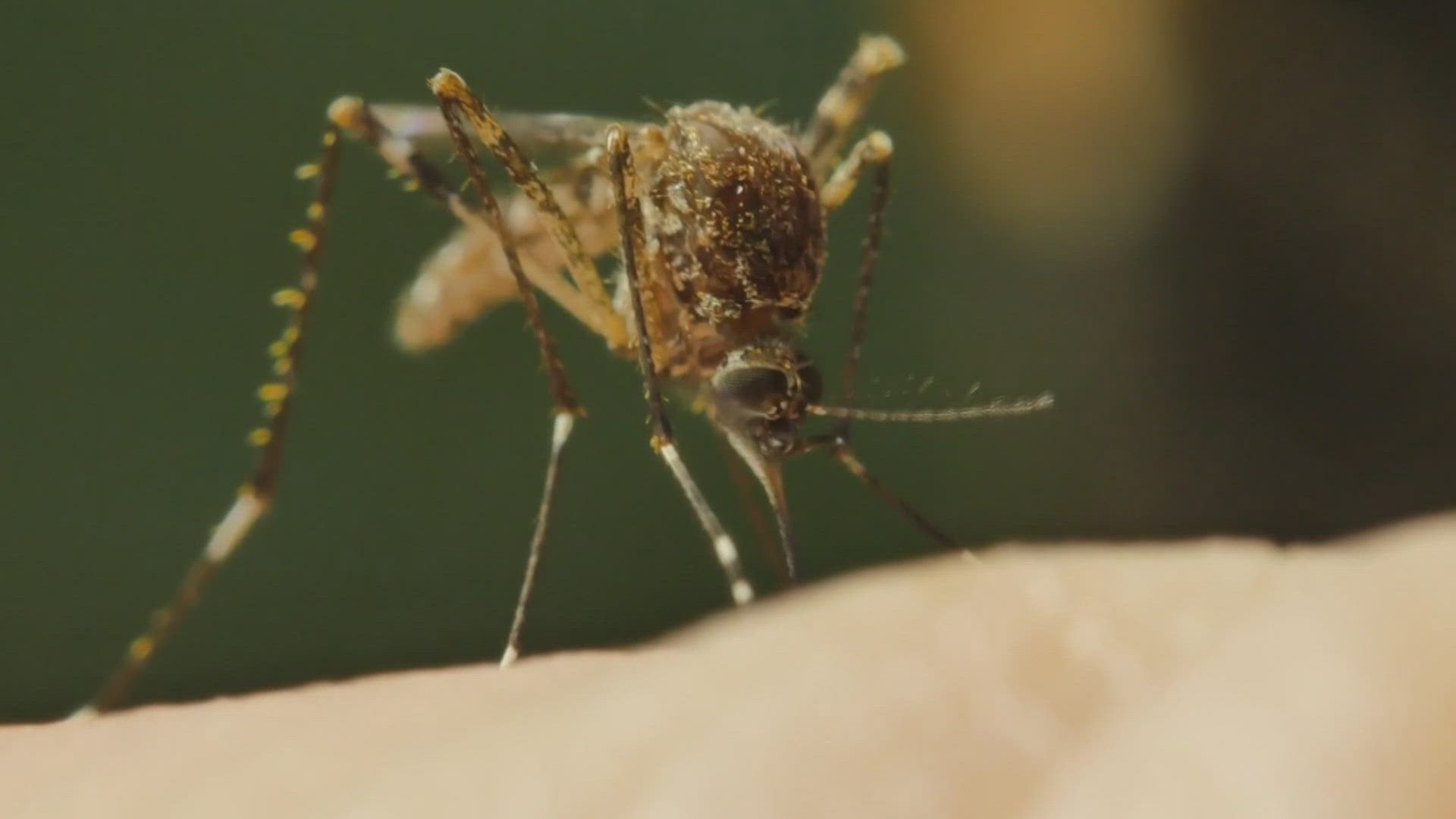MARICOPA COUNTY, Ariz. — Amid mosquito season, ASU researchers are finding a majority of one type of mosquito found in the Valley is resistant to one of the main types of insecticides used to control mosquitoes.
"A lot of people don't like mosquitoes, right? Because they are these annoying little things buzzing in our ears," Associate Professor Silvie Huijben, PhD at ASU's School of Life Sciences said. "But they're important, they're the most dangerous animal in the world."
The insects are called "The World's Deadliest Animal" by the CDC, accounting for more than 700,000 deaths globally each year, per the World Health Organization.
But at the Huijben Lab at ASU, Huijben and her students are trying to find the best ways to control mosquitoes.
"We try to understand, how can we kill mosquitoes in the most efficient way, and particularly, how can we prevent them from evolving against the tools that we have to kill them," Huijben said
Preliminary studies are finding 85 percent of one type of mosquito commonly found in Maricopa County - Aedes aegypti, which is a vector for Dengue - is resistant to one of the main types of insecticides used for fogging.
"It means that these mosquitoes, about 85 percent of them in a lab setting don't die from an insecticide," Huijben said.
What Huijben is quick to say though is the lab doesn't always translate to the real world. In the lab, mosquitoes are usually young and healthy, which isn't always the case in the wild.
"This is something that we're still looking into to see, how does this translate so this data on genetic markers and mortality in the lab to what does that mean for the field?" Huijben said.
But still, insecticide resistance, Huijben said, is a big issue everywhere.
"Some areas, even within Maricopa County, we have almost 100% of the mosquitoes are resistant, and in other areas, it might be 40% or 50% so the 85% is really an average over the whole area," Huijben said.
Right now, Huijben said they're still looking into why that is.
In the meantime, Huijben says everyone can help with the mosquito population outside of insecticides by eliminating standing water on individual property.
The research is focused on what the big factors are for insecticide resistance evolution and hopefully learning what can be done.
"Can we change the way that we use our chemicals in such a way that it minimizes resistance evolution?," Huijben said. "And so new chemicals have just come on the market that will be used in the future. So particularly now is the time to try and use those chemicals in a smart way that we are not giving them the same fate that the old chemicals have."
Up to Speed
Catch up on the latest news and stories on the 12News YouTube channel. Subscribe today.

